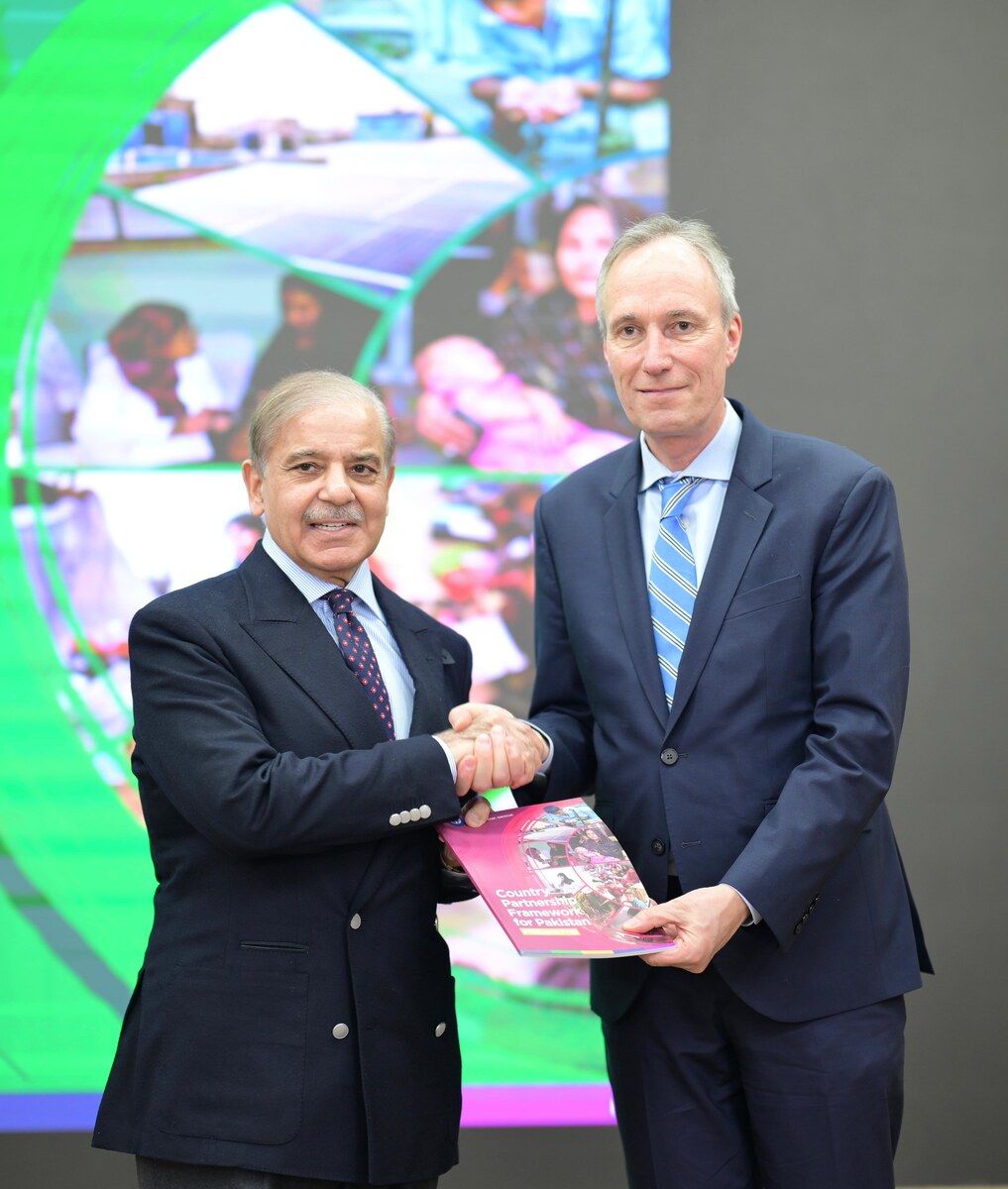ISLAMABAD: Pakistan on Friday welcomed resumption of activities in Afghanistan relating to a $1.2 billion Western-backed project to build a power line between Central Asia and South Asia, more than a year after it was stalled over turmoil in the neighboring country.
The CASA-1000 project aims to allow Tajikistan and Kyrgyzstan, former Soviet republics with an extensive network of hydroelectric power plants, to sell excess energy to Pakistan and Afghanistan in the summer months.
Last month, the World Bank, a key CASA-1000 backer, approved resumption of the clean energy project after it was stalled in 2022 due to turmoil in Afghanistan, with the Bank focusing on urgently needed education, agriculture and health programs.
It said construction of the project in the other three countries was nearly complete and these countries had requested that CASA-1000 activities in Afghanistan resume to avoid the risk of the project becoming a stranded asset.
“The Government of the Islamic Republic of Pakistan welcomes the recent announcement by the World Bank that, among other initiatives in support of the people of Afghanistan,” the Pakistani energy ministry said in a statement.
“The Central Asia-South Asia Electricity Transmission and Trade Project (CASA-1000) in Afghanistan will be resumed as had been requested in December by all three neighboring countries participating in the project.”
The World Bank’s announcement of the project’s resumption was a “significant step forward” in the region’s commitment to energy collaboration, according to the statement.
The Pakistani energy ministry said Islamabad had signed a joint declaration along with Kyrgyzstan and Tajikistan to thank the World Bank for its timely approval of the “ring-fenced” resumption of CASA-1000 construction in Afghanistan as well as to fully support the Bank in implementation of the parameters agreed with its board for the resumption of CASA-1000 construction activities in Afghanistan.
The project could be a boon for the two Central Asian nations which have excess power in the summer but suffer from shortages in the winter unless they can buy fuel or power from neighbors.
The United States was involved in financing the project when it was launched in 2016 as part of its New Silk Road initiative to integrate Afghanistan with Central Asia.
Other project sponsors have included the Islamic Development Bank, the UK Department for International Development, and the European Bank for Reconstruction and Development.


















